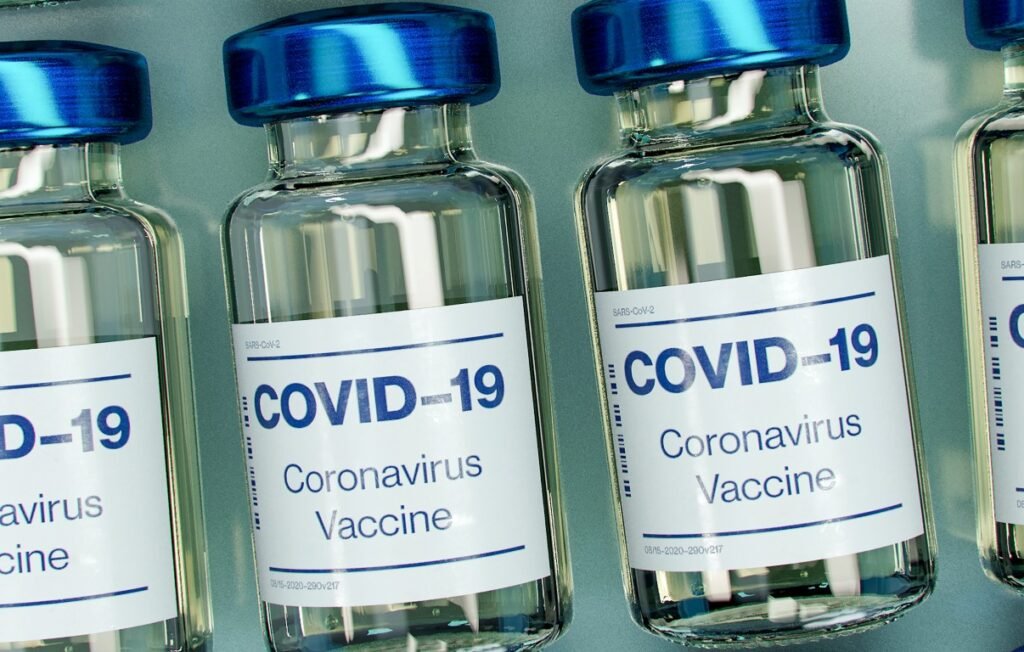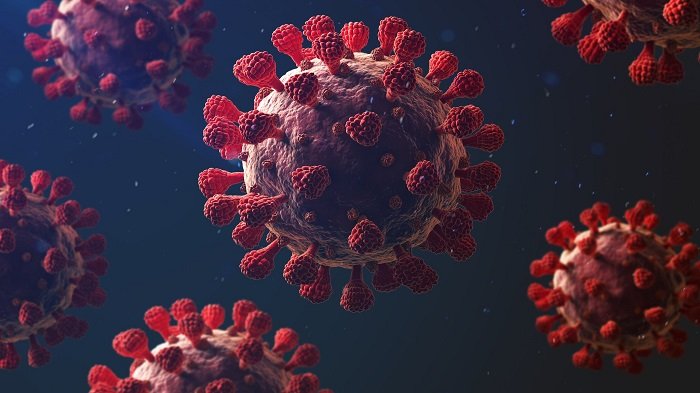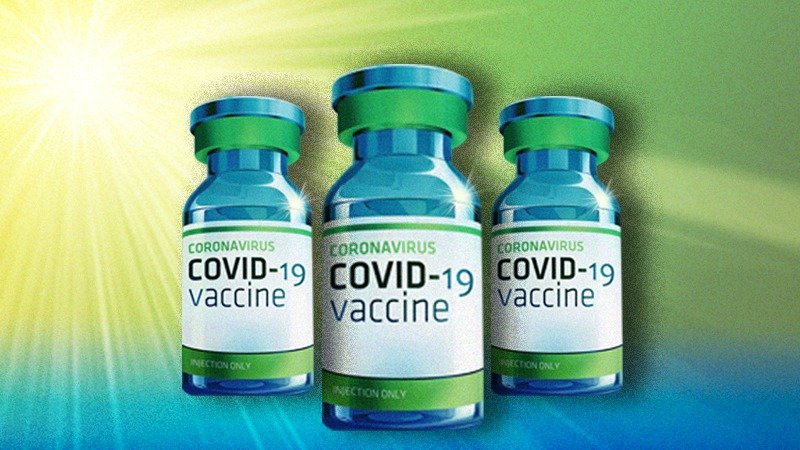For the treatment of critical Covid patients in the hospitals, the World Health Organization (WHO) is testing three new drugs. The WHO has expanded its global trial to 52 countries.
The three treatments – artesunate, imatinib and infliximab – were selected by an independent expert panel for their potential in reducing the risk of death in hospitalised patients. Artesunate is currently used for severe malaria, imatinib for certain cancers, and infliximab for diseases of the immune system such as Crohn’s disease and rheumatoid arthritis.
“Finding more effective and accessible therapeutics for COVID-19 patients remains a critical need, and WHO is proud to lead this global effort,” WHO Director-General Tedros Adhanom Ghebreyesus said in a statement. The drugs were donated to the trial by the manufacturers.

The WHO completed the first phase of the so-called Solidarity trials last year, working with countries worldwide to find effective treatments for the novel coronavirus and assess their effect on mortality, no matter how small. The new phase of the trial involves 600 hospitals in 52 countries – 16 more than the initial phase – and thousands of patients.
Four drugs have already been evaluated by the trial with results showing that remdesivir, hydroxychloroquine, lopinavir and interferon had little or no effect on people admitted to hospital with COVID-19.
The expansion of the trial comes as the world battles a new surge in the pandemic, fuelled by the highly transmissible Delta variant. Countries that have not been able to vaccinate a significant proportion of their population have been particularly hard hit.

The WHO has so far recommended only two treatments for COVID-19 – interleukin-6 receptor blockers, recommended last month, and corticosteroids. Trials in the United Kingdom last year found dexamethasone, a cheap and widely available steroid, reduced the risk of death by a third for patients on ventilators.
Countries taking part in the new trials include Canada, Finland, Indonesia, Malaysia and the Philippines.
The three new drugs:
Artesunate
Artesunate is produced by Ipca and is currently used to treat malaria. In the Solidarity trial, it will be administered intravenously for seven days, using the standard dose recommended for the treatment of severe malaria, the WHO said.
Artesunate is a derivative of artemisinin, an antimalarial drug extracted from the herb Artemisia annua. Artemisinin and its derivatives have been extensively used in the treatment of malaria and other parasitic diseases for more than 30 years and are regarded as being very safe. The WHO COVID-19 Therapeutics Advisory Group recommended evaluating artesunate’s anti-inflammatory properties.
Imatinib
Imatinib is manufactured by Novartis and used to treat certain cancers. The WHO says patients participating in the trial will take the drug orally, once a day, for 14 days.
Imatinib is a small molecule tyrosine kinase inhibitor formulated as an oral chemotherapy drug. Experimental and early clinical data suggest that imatinib reverses pulmonary capillary leak, while a randomised clinical trial performed in the Netherlands reported that imatinib might confer clinical benefits in patients in hospital with COVID-19.
Infliximab
Produced by Johnson & Johnson, infliximab is used to treat diseases of the immune system. For the trial, it will be administered intravenously as a single dose, based on the standard dose given to patients with Crohn’s Disease over extended periods, the UN agency said.
Infliximab is a TNF alpha inhibitor, a class of biologics that have been approved for the treatment of certain autoimmune inflammatory conditions for more than 20 years. It has shown favourable efficacy and safety in restricting broad spectrum inflammation, including in elderly people who are the most clinically vulnerable to COVID-19.
I am an experienced writer, analyst, and author. My exposure in English journalism spans more than 28 years. In the past, I have been working with daily The Muslim (Lahore Bureau), daily Business Recorder (Lahore/Islamabad Bureaus), Daily Times, Islamabad, daily The Nation (Lahore and Karachi). With daily The Nation, I have served as Resident Editor, Karachi. Since 2009, I have been working as a Freelance Writer/Editor for American organizations.










